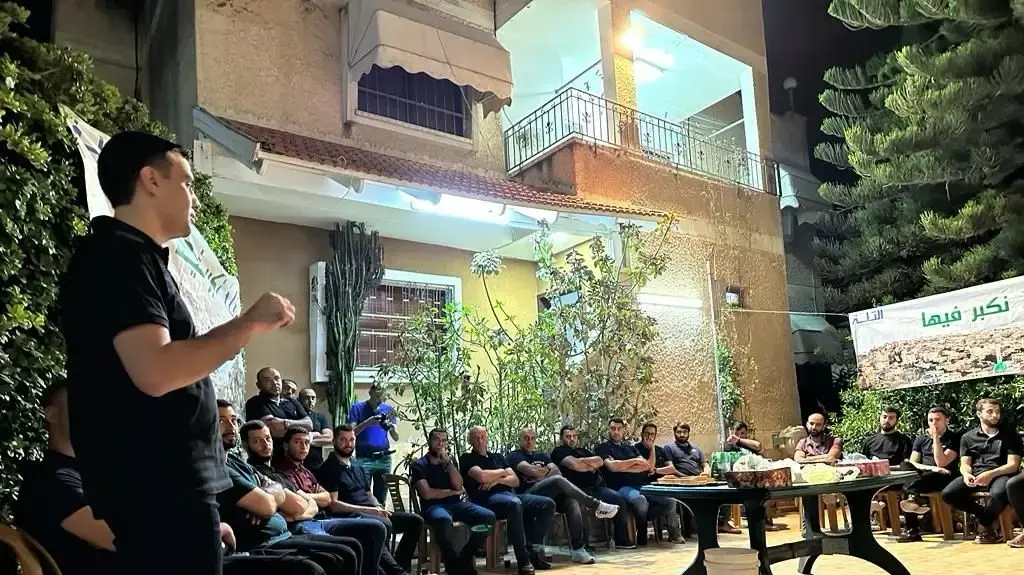Arab society in Israel is at the height of political tensions that have not been known since the establishment of the state.
The two Arab blocs, if it can be defined as such, which enjoy a considerable base of support, are in a war of attrition.
On the one hand, RAAM, which has made history and joined the coalition for the first time in the history of Israeli politics, tries to convince the Arab public that this is the right way to integrate into the country, and follows a completely clear civic line, trying to emulate the ultra-Orthodox parties. In exchange for quiet.
The joint list, on the other hand, consists of three Arab parties, leading an opposition line, both to the coalition and to the PM, and trying to embarrass and threaten the coalition, in order to convince the Arab voter that this is the right and perhaps only way to achieve national and civil rights.
Both lines present the Arab voter with a very difficult dilemma, although the vast majority of the Arab public wants and is interested in seeing its representatives in the Knesset, not only as part of the coalition but also as part of the government.
At this stage, there is a difficult conflict for the Arab citizens, who live in the State of Israel as a Jewish state, as a sector in itself, and on the other hand strive to be part of the state in every field and place.
The dilemma, and the political reality created by the formation of the government and the joining of RAAM to the coalition, flooded a very difficult debate in Arab society, one that is conducted mainly on social networks. Or to the political line of government; Rather, they argue that there is no other way to integrate into the state and achieve civil rights and government budgeting. They also give many examples of the various budget items, which ensure the transfer of funds and government investments to improve the economic situation and infrastructure of the Arab localities.
Opposite are this difficult and poignant debate, which has managed to quarrel among quite a few members and bring out the ethnic demon, the supporters of the parties that make up the joint list.
They argue that national pride and any rights - whether national as an Arab minority and collective or civil and economic rights - can be taken from any government, regardless of its identity, by smart political and parliamentary work, and achievements can be brought to Arab society from opposition benches.
The Knesset today depends on the voices of the Arabs, both in a coalition that cannot exist without the support of four members of the RAAM and in the opposition, that if it seeks to overthrow the government or at least embarrass it, it will need cooperation with the common.
At a time when the joint list had reached an impressive historical achievement and managed to bring in 15 MKs, it actually increased its representation and reduced its political influence.
Today, however, four Knesset members in the coalition, and alternatively six Arab Knesset members in the opposition, influence both parliamentary work and the media agenda.
Hence the conclusion that the Arab parties must become players in all arenas, opposition and coalition, and there must not be one bloc and one bloc.









